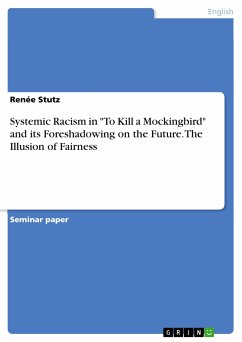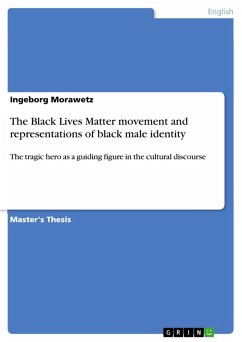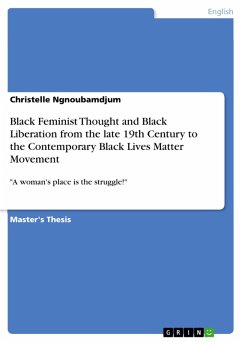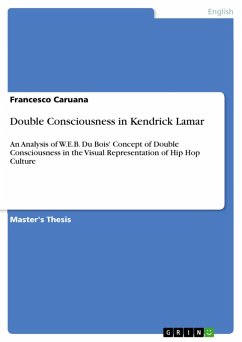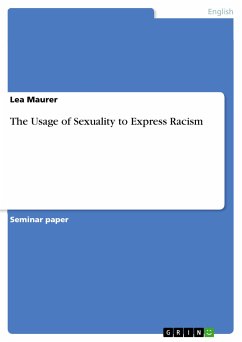Seminar paper from the year 2024 in the subject American Studies - Literature, grade: 1,3, Bielefeld University (Fakultät für Anglistik), course: Advanced Academic Writing, language: English, abstract: This paper attempts to answer the question of how the courtroom scene, the peripetia of the novel "To Kill a Mockingbird", where racial biases are openly responsible for juristical misconduct, reflects the intersection of race and justice, what that reveals not only about the operation of racial biases within the legal system of the 1930s and how those biases are being upheld in the American jurisdiction system today. It is also looked at how it reinforces racist stereotypes and gives away the internalised racism towards black people within the writer, the white reader who this book was written for and American society as a whole. Informing my analysis with arguments put forward by critical race theoreticians, I argue that Lee employs the setting of an unknown, rural, southern town and the timeframe of the 1930s as a direct critique towards the racial biases and inequality prevalent in the 60s at the time of publication. This reveals that, despite the illusion of fairness, the legal system is deeply flawed by systemic racism. Simultaneously, the story, perhaps unknowingly, reinforces certain racial stereotypes, suggesting that the author reflects her own internalised racism through the storyline. Furthermore, a connection will be drawn to legal injustice towards the black minority today and how Lee's critique remains relevant. Over sixty years have passed since the first edition of "To Kill a Mockingbird" was released. Even though one would hope that things have changed since then, the recent uproar about unjustified police brutality directed towards blacks, stirred by the deaths of people like Breonna Taylor, George Floyd and many more, emphasises that there has not been done enough and that change needs to happen.
Dieser Download kann aus rechtlichen Gründen nur mit Rechnungsadresse in A, B, BG, CY, CZ, D, DK, EW, E, FIN, F, GR, HR, H, IRL, I, LT, L, LR, M, NL, PL, P, R, S, SLO, SK ausgeliefert werden.

